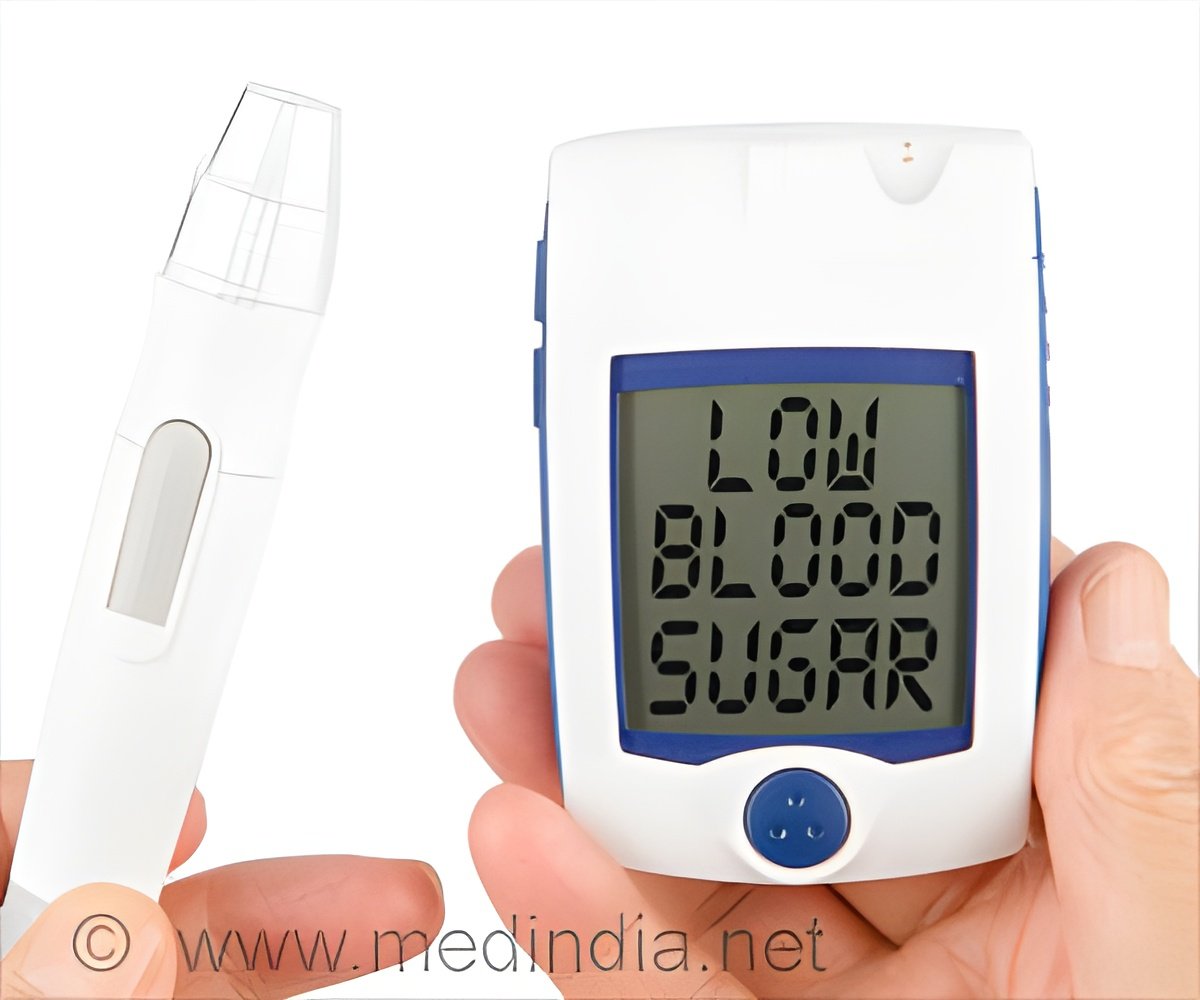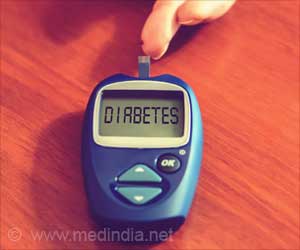Hypoglycaemia occurs when blood glucose levels decrease to below normal levels. New study concluded that preventing hypoglycemia could reduce the duration of hospital stay, after reviewing 15 international studies.

‘Patient awareness, Keeping regular hypo treatment at the bedside along with the glucose meter, informing someone if there are any uncomfortable symptoms during hospitalization could reduce the incidence of hypoglycemia among diabetic patients.’
Read More..




Their findings show that people with diabetes, who were exposed to hypoglycaemia during their admission, had an increased average length of stay of 4.1 days compared to those with diabetes who did not become hypoglycaemic during their admission. Read More..
Andrea Lake, a diabetes nurse specialist at Cambridge University Hospitals NHS Foundation Trust (CUH), led the study as part of her master’s degree in clinical research at UEA, funded by the National Institute for Health Research (NIHR).
She said: "It’s really important that we understand the impact hypoglycaemia can have on our inpatients’ recovery. Our review found not only longer hospital stays for those exposed to hypoglycaemia, but the risk of inpatient mortality almost doubled in this group.
"Although it is impossible to tell from the studies reviewed whether a hypo is the cause of this increase or simply a marker of someone who is at greater risk, understanding the association means we can start to deal with it.
"If we could reduce the chances of it happening in the first place that would be really beneficial for our patients. We need to be considering the risk factors for hypoglycaemia, acting upon them and notifying the appropriate people.
Advertisement
"If you’re being admitted, bring your normal equipment with you, talk to the team caring for you, and tell them if you’re eating less as this means you’ll require less insulin. Keep your regular hypo treatment at your bedside along with your glucose meter and if you don’t feel great then tell somebody, there may even be an inpatient diabetes team who can assist.
Advertisement
Source-Eurekalert






